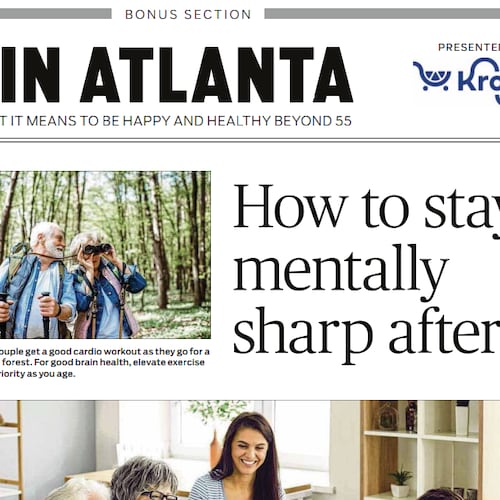The coronavirus pandemic has caused lots of heartbreak the past two years, but a study published last week found rates of broken heart syndrome were on the rise even before we faced a worldwide crisis.
According to the Mayo Clinic, broken heart syndrome, also known as Takotsubo cardiomyopathy, is a temporary heart condition often caused by stress, such as loss of a loved one or serious physical injury. Symptoms often mimic a heart attack.
The study by researchers at Cedars‐Sinai Medical Center found rates of broken heart syndrome have been rising steadily in both men and women, with women ages 50-74 seeing the sharpest increases.
Their analysis of 135,463 cases reported from 2006 to 2017 found that women account for 88.3% of all cases and that older women experienced it at a rate six to 12 times higher than younger women and men.
“These skyrocketing rates are both intriguing and concerning,” said Dr. Susan Cheng, director of the Institute for Research on Healthy Aging in the department of cardiology at the Smidt Heart Institute at Cedars-Sinai and the study’s senior author.
Cheng told the American Heart Association that more research is needed to understand the risks and reasons why broken heart syndrome seems to disproportionately affect middle-age to older women.
The end of menopause might play a role, she said, but so might an uptick in overall stress.
“As we advance in age and take on more life and work responsibilities, we experience higher stress levels,” she said. “And with increasing digitization around every aspect of our lives, environmental stressors have also intensified.”
Although the Cedars-Sinai team researched cases from before the pandemic, Cheng said pandemic stress has likely caused an increase in the number of recent cases of broken heart syndrome, many of them undiagnosed.
“We know there have been profound effects on the heart-brain connection during the pandemic. We are at the tip of the iceberg in terms of measuring what those are,” she told AHA.
You can read the full study in the Journal of the American Heart Association.
To get specialized news and articles about aging in place, health information and more, sign up for our Aging in Atlanta newsletter.
About the Author
The Latest
Featured

